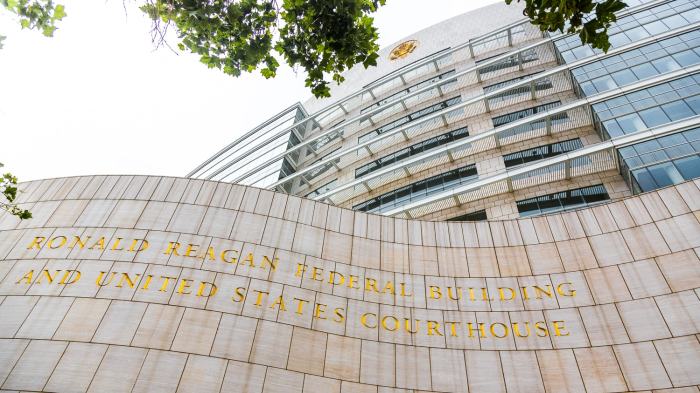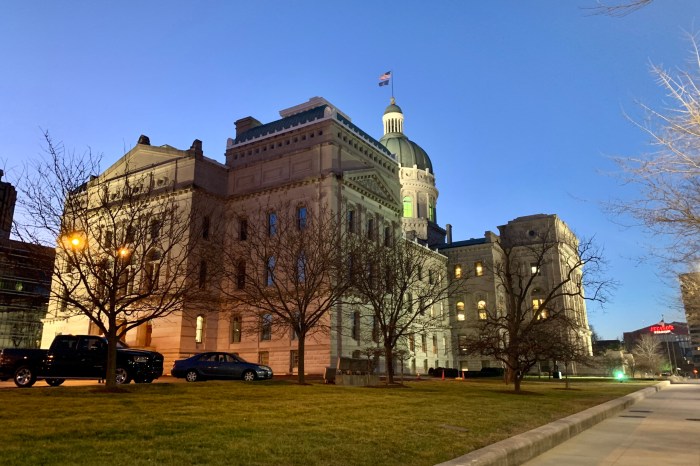Restricting individual freedoms for public health purposes is unconstitutional, a contentious issue that has sparked heated debates and legal challenges. This practice raises fundamental questions about the balance between individual rights and collective well-being, with implications that extend far beyond the current pandemic.
As we delve into this complex topic, we will explore the constitutional principles at stake, examine legal precedents and ethical considerations, and analyze the challenges of balancing individual freedoms with public health concerns.
Constitutional Rights and Public Health

The Constitution guarantees fundamental individual freedoms, including the right to privacy, liberty, and freedom of expression. These rights are essential for protecting individual autonomy and safeguarding against government overreach.
Public health, on the other hand, is crucial for safeguarding the well-being of society. It encompasses measures aimed at preventing and controlling the spread of disease, promoting healthy behaviors, and ensuring access to healthcare. While public health measures are often necessary to protect the community, they can sometimes conflict with individual freedoms.
Examples of Conflicts, Restricting individual freedoms for public health purposes is unconstitutional
- Mandatory vaccinations: Requiring individuals to be vaccinated against certain diseases may infringe on their right to bodily autonomy.
- Quarantine orders: Isolating individuals who have been exposed to or diagnosed with an infectious disease may limit their freedom of movement.
- Restrictions on smoking: Laws prohibiting smoking in public places may restrict individuals’ freedom to engage in a legal activity.
Legal Precedents and Case Studies

The Supreme Court has grappled with the tension between individual freedoms and public health in several landmark cases.
Jacobson v. Massachusetts (1905)
In Jacobson v. Massachusetts, the Court upheld the constitutionality of a compulsory vaccination law, ruling that the state’s interest in protecting public health outweighed the individual’s right to refuse vaccination.
Prince v. Massachusetts (1944)
In Prince v. Massachusetts, the Court struck down a law prohibiting the distribution of pamphlets advocating for birth control, finding that it violated the First Amendment right to freedom of speech.
Cruzan v. Missouri Department of Health (1990)
In Cruzan v. Missouri Department of Health, the Court ruled that competent adults have the right to refuse medical treatment, even if it means ending their own lives.
These cases illustrate the complex legal landscape surrounding the intersection of individual freedoms and public health. Courts have sought to balance the government’s interest in protecting the public with the rights of individuals to make decisions about their own bodies and lives.
Ethical Considerations

Restricting individual freedoms for public health purposes raises a number of ethical dilemmas.
Autonomy
Individual autonomy refers to the right to make decisions about one’s own life and body. Restricting individual freedoms can undermine autonomy by limiting individuals’ ability to make choices that affect their own health and well-being.
Beneficence
Beneficence refers to the obligation to do good and prevent harm. Public health measures are often justified on the grounds of beneficence, as they aim to protect the health and safety of the community.
Justice
Justice refers to the fair and equitable distribution of benefits and burdens. Restricting individual freedoms for public health purposes can raise concerns about justice if it disproportionately affects certain groups or individuals.
FAQ Insights: Restricting Individual Freedoms For Public Health Purposes Is Unconstitutional
Can the government restrict individual freedoms for public health purposes?
Yes, but only to the extent that such restrictions are necessary, narrowly tailored, and serve a compelling government interest.
What are the ethical considerations involved in restricting individual freedoms for public health purposes?
Ethical considerations include the principles of autonomy, beneficence, and justice, as well as the potential consequences of prioritizing public health over individual liberty.
How do legal precedents influence decisions on restricting individual freedoms for public health purposes?
Legal precedents, such as Supreme Court cases, provide guidance on the interpretation of constitutional rights and the balance between individual freedoms and public health.